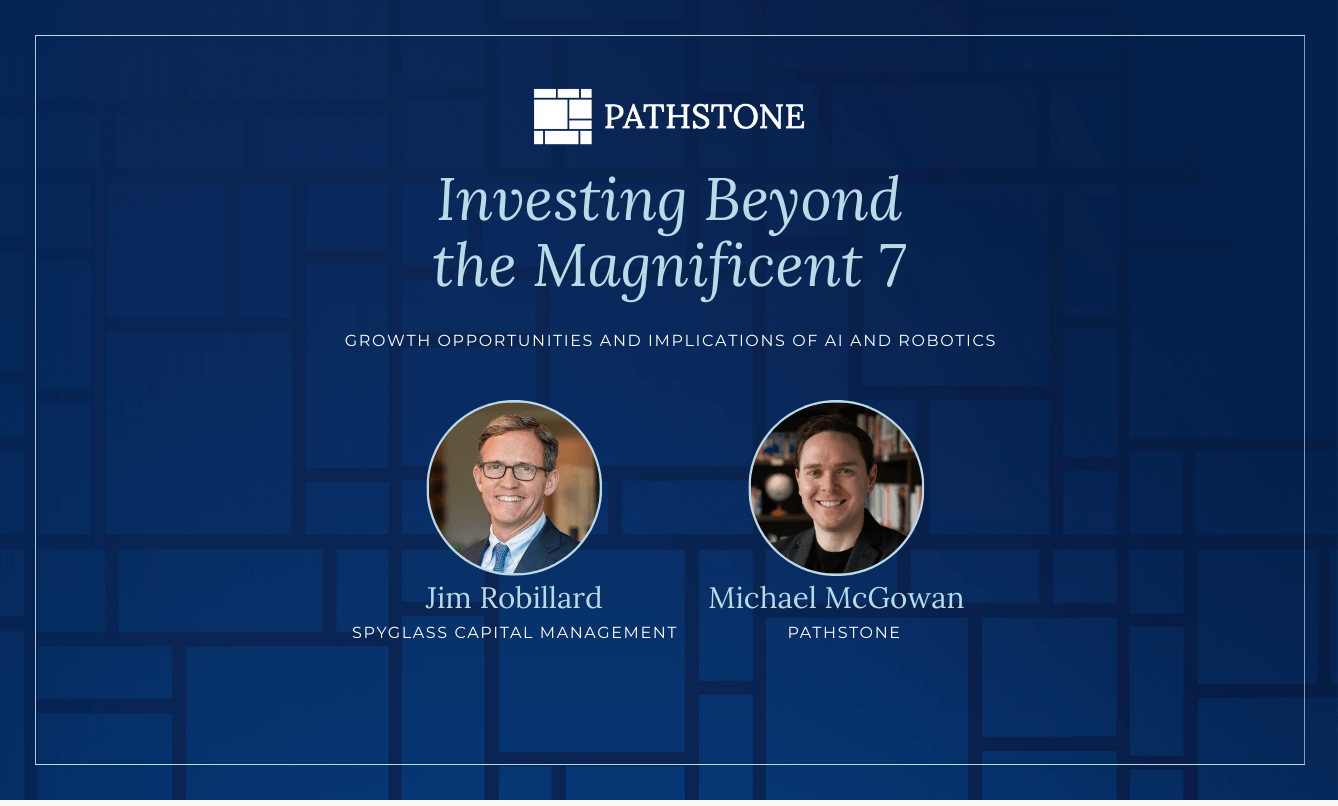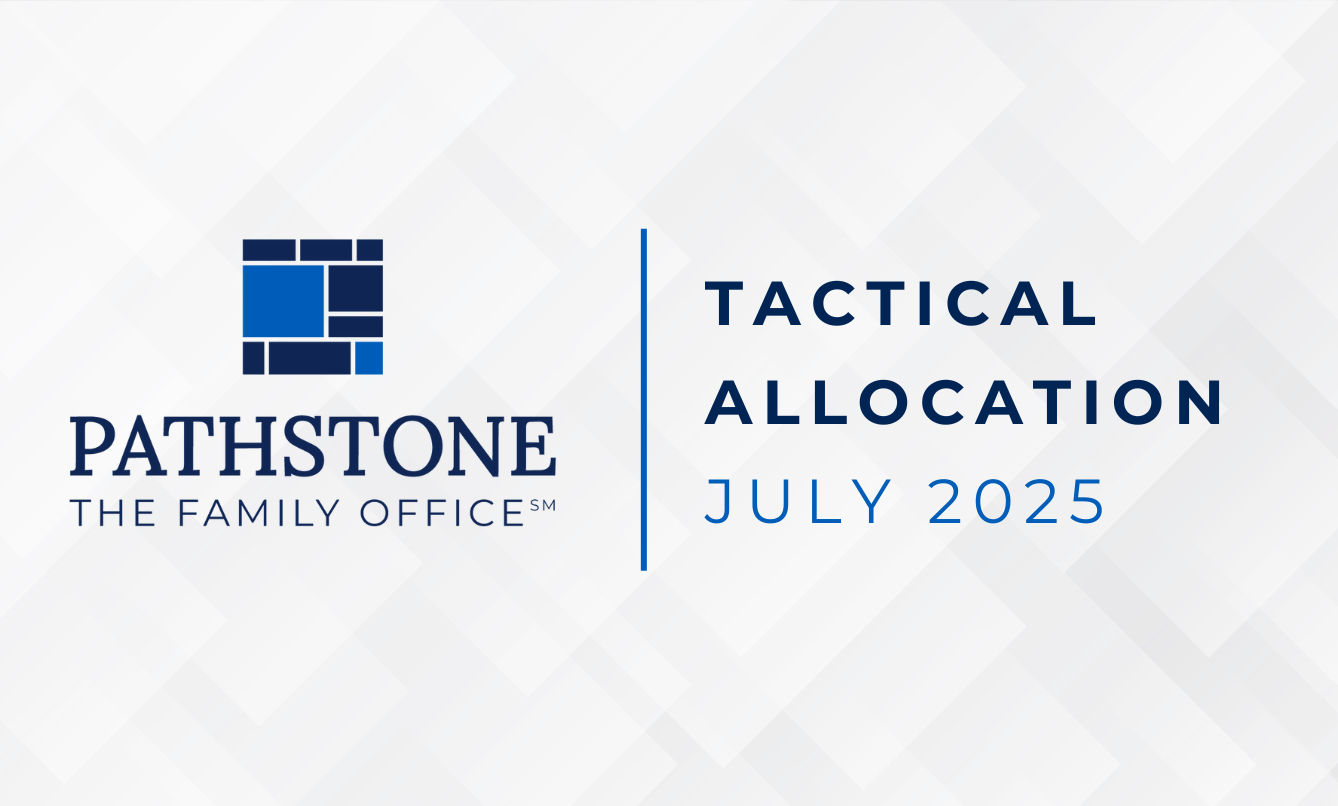For over twenty-five years, Pathstone and its legacy firms have helped clients to achieve their financial objectives, while incorporating investment strategies focused on Environmental, Social, and Governance analysis (“ESG”). While every client conversation is unique, there are several key questions clients have asked over the years regarding ESG investing.
1. Do I need to sacrifice performance to align my investments with my values?
You do not need to sacrifice performance! Research has shown that portfolios that incorporate ESG factors tend to perform as well as or better than non-ESG portfolios. Morgan Stanley compared ESG mutual and exchange-traded funds (ETFs) vs. traditional counterparts from 2004 to 2018 and found there was no trade-off in the level of return, and that ESG strategies offered lower downside risk. In periods of extreme volatility, there was evidence that ESG funds were more stable.
2. Does investing with an ESG lens cost more?
No, incorporating ESG perspectives does not need to be more expensive. However, the Latin phrase “caveat emptor” comes to mind, or “buyer beware”. Recent studies have shown that ETFs focused on ESG had 43% higher fees than “plain vanilla” ETFs. This highlights the importance of Pathstone’s due diligence and manager research, which reviews each manager’s expense and fee structure. In addition, Pathstone offers a proprietary investment platform that passes along substantially lower fee arrangements to clients.
3. Does an ESG lens limit your investment opportunity set?
Investment managers are increasingly integrating ESG perspectives, launching strategies that deliver Impact, and adopting sustainable practices within their firms, and by doing so, they are expanding the opportunity set for investors across asset classes. According to the Forum for Sustainable and Responsible Investment, U.S. assets in investment strategies that incorporate ESG factors increased 42% from 2018 to 2019. Investment managers are increasingly including ESG criteria within their research, as highlighted by the fact that such strategies represented 33% of the $51.4 trillion of U.S. assets at the end of 2019, growing at an average annual rate of 14% since 1995. Sustainable approaches can be found across products and asset classes, including not only public equity but also cash, fixed income, and alternative investments, such as hedge funds, private equity, venture capital, and real estate. Pathstone recommends strategies across these asset classes and is constantly monitoring the investment landscape for new entrants.
4. Is ESG investing just excluding companies in certain areas?
ESG, Impact and, sustainable considerations are much more comprehensive than old school “Sin Stock” screens. These perspectives have evolved and now encompass a range of approaches, which include metrics that identify better management teams, boosting exposure to areas with a desired positive impact, and reducing or excluding exposures to specific risks. Exclusions of single stocks or sectors can also be incorporated, but these exclusions are complementary to a comprehensive approach of gathering information on risks and opportunities.
5. Is ESG integration additive to the investment process?
We think that ESG information provides insight into the risks and opportunities that are unique to each company. This information is part of the mosaic that should be considered when a manager develops their investment decision. Many economic reasons suggest that companies that perform well along ESG metrics should have a competitive advantage. When companies treat their employees well, there is lower employee turnover, with lower recruiting and training costs. A resource-efficient company will operate with lower electricity and water costs, with savings that are reinvested or passed along to consumers or shareholders. By considering a range of ESG factors, managers can get a more complete picture of their portfolio companies and, in turn, make better investment decisions.
6. What is greenwashing and why should I care?
Greenwashing refers to investment products that have a green label, and yet may not be as green as the label suggests. Pathstone believes investors need to look past the label to understand a manager’s process, and how they evaluate a company along ESG dimensions to better avoid extreme risks and include attractive opportunities.
7. If a strategy is not labeled ESG, does it mean that it is not ESG?
One of the benefits of Pathstone’s in-depth approach to manager research is our focus on what a strategy does, not what it says it does. For example, while Morningstar classifies some funds as ESG-focused, it may leave out strategies that do not identify as such, and yet the manager may incorporate robust ESG analysis as part of their investment research process. We have been reviewing investment managers for years, and understand how managers are incorporating ESG factors, even though their approach may not be accurately captured by databases. By looking beyond the label, we have been able to identify exceptional managers that apply a comprehensive lens, even though they may not market this aspect of their methodology.
8. How do I understand my impact?
Pathstone provides clients with insight into their portfolios’ relative positioning across the spectrum of sustainable investing. We can compare portfolio holdings, whether ESG labeled or not, to benchmarks along ESG dimensions using our proprietary scoring system. Further, our Access Impact FrameworkTM provides insight into how investments deliver access to impact as outlined by the UN Sustainable Development Goals (UN SDGs.) Our Annual Impact Report describes how investment managers push for positive change through engagement with companies on behalf of shareholders. We also offer issue area analysis that measures exposures that are of interest for clients, in terms of their objectives, their alignment with values, or their investment policy. Lastly, Pathstone works with a leading shareholder advocacy group, As You Sow, that allows clients to participate in shareholder resolutions important to their values.
9. OK, how do I get started?
Reach out to your Pathstone team or contact us! We look forward to helping you achieve your objectives.
Please see the PDF version of this article for important disclosures.








